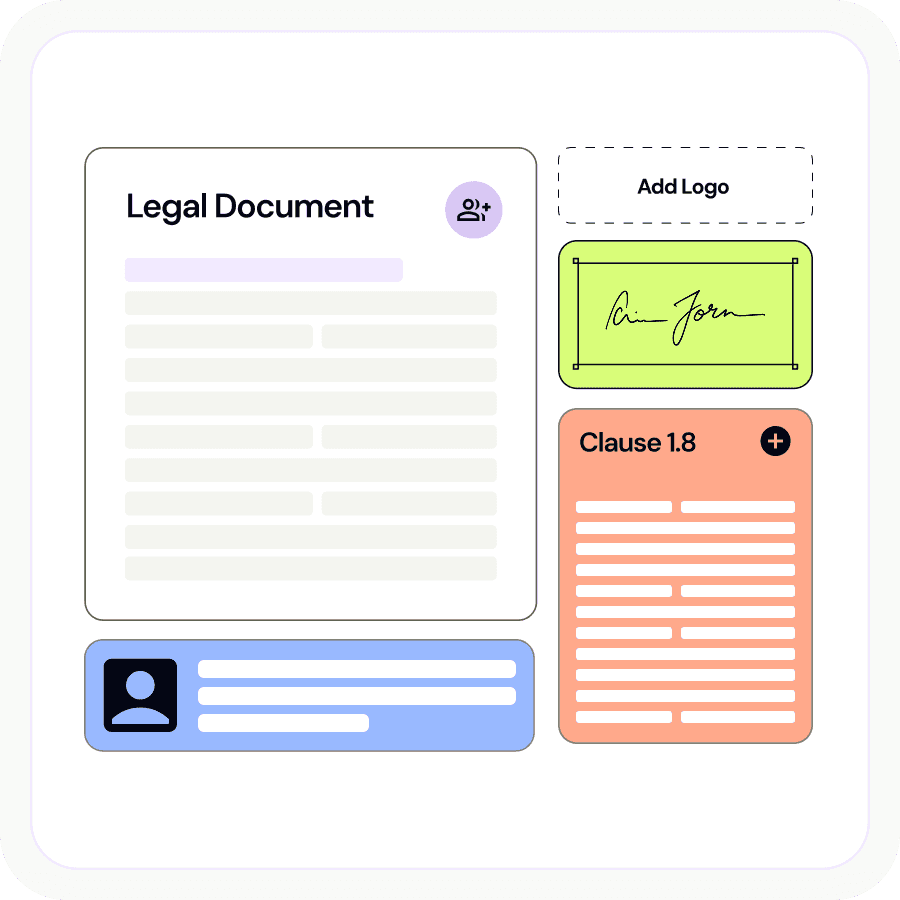In recent years, the use of artificial intelligence (AI) in businesses has become increasingly popular, particularly in the realm of text generation. AI text generators, such as ChatGPT and Bard, have revolutionised the way that businesses approach tasks such as writing reports, composing emails, and generating social media posts.
These tools have the potential to greatly enhance productivity and efficiency, but they also carry risks that must be mitigated, particularly in the areas of security, validation, transparency, and ethics. As such, it is important for businesses to have a policy in place regarding the use of AI text generators. In this article, we will explore the importance of having a workplace policy regulating the use of AI text generators.
This article covers issues stemming from the use of AI text generators, and how an AI policy can address those issues. These include:
- The effect of AI text generators on the quality of outputs and the importance of ensuring quality control.
- Data protection, in particular:
- protection of intellectual property;
- protection of digital security;
- protection of consumer data; and
- compliance with regulatory requirements.
- The legitimate expectations of customers that customer service is provided by a human.
The effect of AI text generators on the quality of outputs and the important of ensuring quality control
The first concern regarding the use of AI text generators is ensuring quality control. AI text generators carry an inherent risk of producing risk of biased or inappropriate responses. For instance, if a business uses a text generator to respond to customer complaints or queries, the generated response may not always be accurate or appropriate. As a result, the business could potentially face negative feedback or even legal issues.
More generally, having certain employees rely on an unpredictable set of outputs rather than on their own qualified expertise can affect the quality of work that they produce for the company.
A workplace policy can require employees to apply the same level of quality control to AI outputs that they would apply to all other work, and to only use AI outputs where this process actually makes workflows more efficient. In this way, businesses can ensure that any outputs produced with assistance from these tools are consistent with the organisation’s values, standards and policies.
Data protection
A tantamount issue is that of data protection. A policy can make it clear to employees that text input over AI text generators carries the same risks and liabilities as sharing information with any other third party. Not only are data inputs into an AI text generator shared with the company that operates the generator, but such inputs are often added to the training data of the generator, creating a risk that the data may be exposed to other users of the generator.
This has implications for:
- Intellectual property. Businesses should ensure that their employees do not inadvertently expose their ideas and commercial secrets to third parties.
- Digital security. Sharing sensitive information with third parties may compromise the business’ security systems.
- Consumer data. Businesses should treat their consumers’ data diligently to avoid the risk of any leaks and preserve the integrity and reputation of the business.
- Compliance with regulatory requirements. Many industries, such as healthcare and finance, have strict regulations governing the handling of customer data and communication. If a business uses AI text generators to interact with customers, it must ensure that these tools comply with the relevant regulations. By establishing policies that clearly define the roles and responsibilities of employees regarding the use of AI text generators, businesses can ensure compliance and avoid regulatory penalties.
Businesses should ensure that data input into AI text generators should be treated as an external disclosure and subject to the business’s policies regarding data confidentiality and security.
The legitimate expectations of customers that customer service is provided by a human
Another potential risk associated with the use of AI text generators is the potential loss of human touch in customer interactions. While AI text generators can provide quick and efficient responses, they lack the empathy and emotional intelligence of a human customer service representative. Customers and other external parties may have a legitimate expectation that they are communicating with a human drawing on their own expertise.
The use of chatbots could result in customers feeling frustrated or dissatisfied with the responses they receive, leading to a decline in customer loyalty. Businesses need to balance the efficiency provided by AI text generators with the importance of human interactions and establish policies that strike a balance between the two. Ultimately, whether a company integrates AI text generators into its customer service is a commercial decision for the business to make.
An AI policy can ensure that individual employees do not incorporate AI into their communications with external parties without authorisation from the company. It can also require employees to disclose to external parties wherever they use AI text generators to assist with their communications.
Implementing an AI Policy
To achieve these objectives, an AI policy must firstly have a clear definition of AI text generators, as well as an expansive scope for the use cases where this policy may apply and the persons to whom it applies.
By way of an implementation framework, the policy should establish a contact person responsible for answering questions and making decisions regarding the use of AI text generators. It can provide training and support to employees to ensure that they understand how to use AI text generators responsibly and effectively. It can also outline disciplinary action that will follow from breaches of that policy, to ensure that the policy is taken seriously.
Conclusion
In conclusion, the use of AI text generators such as ChatGPT and Bard has become increasingly popular among businesses seeking to improve efficiency and reduce costs. However, these tools come with potential risks that businesses need to be mindful of. By establishing clear workplace policies regulating the use of AI text generators, businesses can mitigate these risks, protect their intellectual property, and ensure compliance with regulatory requirements.
Lawpath’s AI Policy template can be a great starting point for your business if you don’t already have an AI Policy in place.







